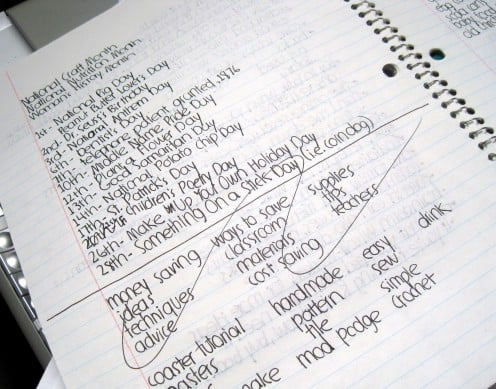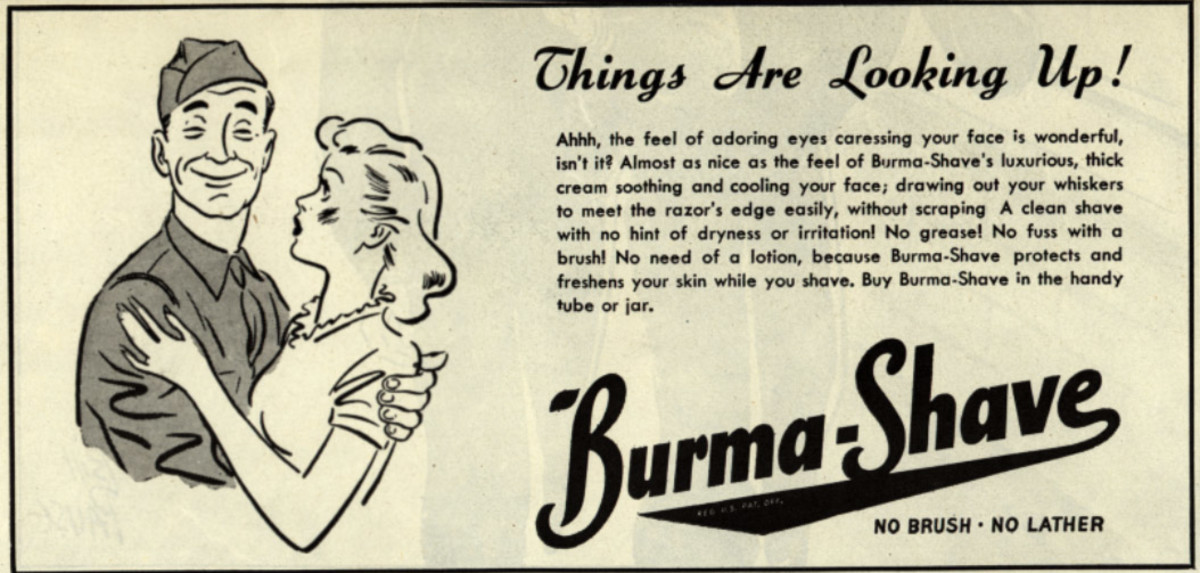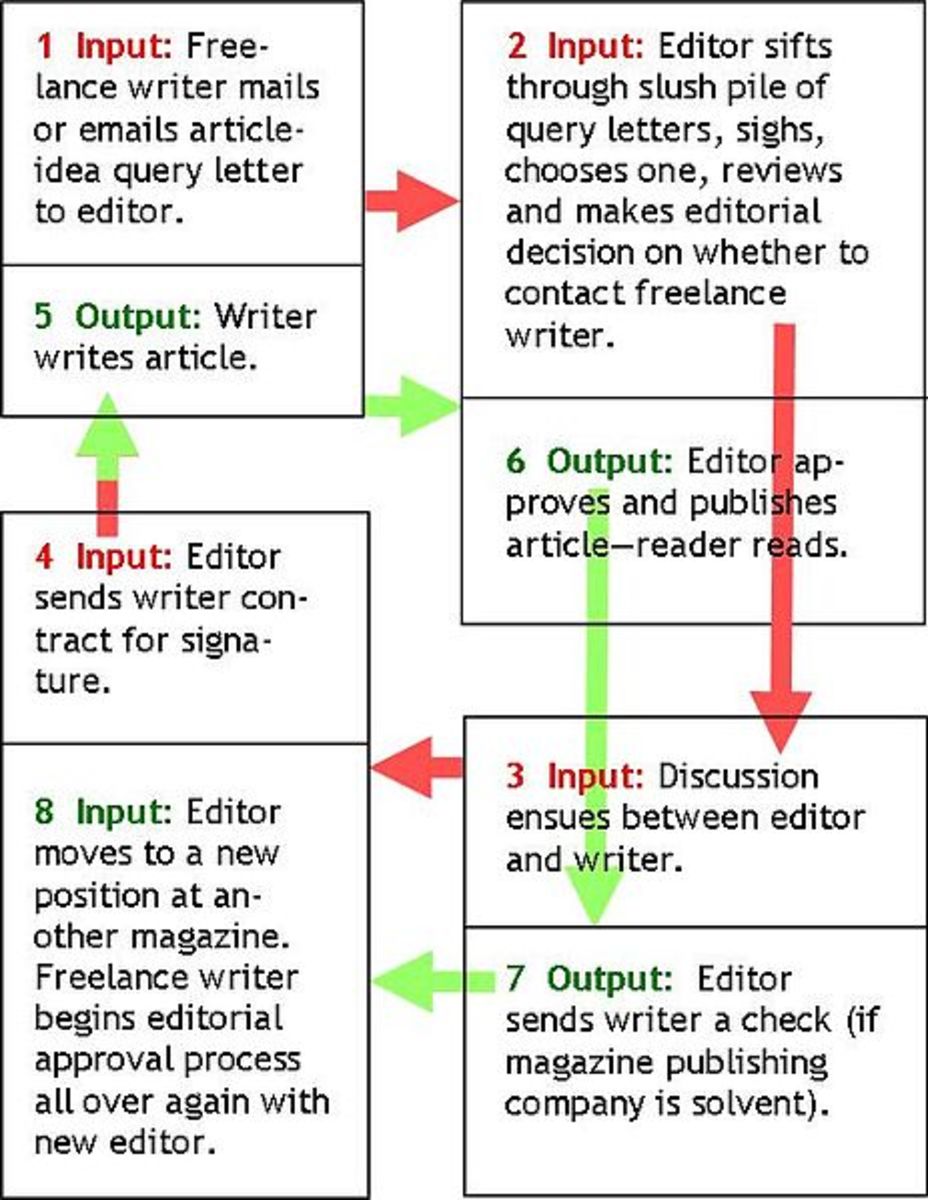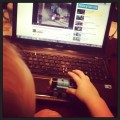How to Become a Freelance Writer Without Experience: Tips, Jobs, and Opportunities

If you are considering full-time or part-time freelance writing work, do not let lack of experience discourage you. While an education background in writing and/or other formal writing training can certainly be assets to your career, many people become successful freelance writers without any prior experience. This article is designed to do the following:
- help you determine if this would be a good career option for you
- provide you with the initial knowledge that you need to start freelance writing
- give you tips for sticking with a full-time or part-time freelance writing career

Additional Freelance Writing Resources
- How to Be a Full-Time Freelance Writer
Learn how to become a full-time freelance writer. Explore the truth behind this career choice, income potential and pitfalls to avoid. - 25 Writing Resources For Online and Freelance Writers and Bloggers
- Writing Mistakes To Avoid So You Can Appear To Be Intelligent
These are some of the most common mistakes writers make. The fix is easy, so read on and find out how to avoid these boo boos.
Are You Cut Out For a Freelance Writing Career?
Before you seriously consider launching into freelance writing, considering the following questions.
- Do you have a strong writing background? You don't need to have a writing degree to have a strong background in writing. I don't have one, but my undergraduate and graduate degree programs still played a huge part in helping me develop my writing skills.
- Do you have a passion for writing? Not everyone may consider this a requirement for freelance work, but personally I would have a really hard time sitting down to work on something I really didn't enjoy for multiple hours per day. Even though I don't love every article that I write, the thought of getting up and writing every day is still very appealing to me.
- Do you have strong keyboarding skills? All of the keyboarding skills in the world cannot make up for weak writing, but they can greatly improve your overall efficiency . If you use the hunt and peck method or simply don't type very quickly, I'd strongly consider checking out one of a free typing program such as sense-lang.org or typingweb.com.
- Are you self disciplined? One of the best and worst parts about freelance work is that you are your own boss. There is no one to make sure that you're sitting at your computer, producing quality work every day. You have to be honest with yourself about whether this structure is a good fit for you.

How to Become a Freelance Writer : The Importance of a Website for Freelance Writers
Tips For All Freelance Writing Articles
The following tips apply to both client jobs and long-term earning articles.
- Research freelance writing web sites and magazines before signing up, sending applications, or writing query letters. This can be an overwhelming task, as there are a lot of opportunities out there. However, it will save you time if you can skip over the sites and magazines that won't be good leads for you.
- Prepare strong writing samples. A number of freelance writing sites require one or more writing samples as part of the application process. Take your time and submit quality writing.
- Before accepting client jobs or starting new long-term earning articles, consider whether you have the expertise and/or means to research the topic at hand. Typically you can cancel client jobs and delete long-term articles, but it's better to be prepared for the task ahead before you get started.
- Always double check spelling and grammar before submitting articles. Even if you can edit long-term articles later, it's important to publish with the best version of the article that you can.
How to Become a Freelance Writer : How to Find Freelance Writing Jobs Online
Tips for Setting Up a Home Office

Long-Term Earning Article Considerations
- Do your keyword research. I do keyword research for every article that I publish on HubPages. While it does not guarantee a successful article, it definitely makes a difference.
- Write articles longer than 500 words but shorter than 1,500 words. Search engines pay the most attention to articles of this length. This length requirement will allow you to provide quality content without overwhelming your readers.
- For HubPages, make sure to consider all of the possible article capsules. Most people have natural inclinations to some capsules more than others. For example, I don't watch a lot of videos online. When I started on HubPages, I almost never includes video capsules. Now that I understand how important they are, I frequently seek out relevant videos. Not all capsules will be applicable to all topics, but it's always worth considering all of your options.
- Don't be afraid to make revisions. I know very few people that have not taken the time to edit old hubs. There is nothing wrong with going back and making changes. However, it's important to know when to leave an article alone, too. You don't want to spend so much time revising that you aren't creating new content.
- Promotion. Building backlinks is a huge component of creating traffic for your long-term articles. It can be time consuming to learn new sites, but once you get into a routine, promotion will only take a few minutes each day. Figure out what the best promotional sites are for your content and concentrate your efforts there.
- Do your research to continue to improve your work. Take time on a regular basis to research new techniques and article tips.
- Pay attention to topics that do well and capitalize on your success. When I started writing for HubPages, I only intended to write the occasional craft article, but my first ones did so well that I stuck with it.
- Be realistic about the time it takes to start earning. I'm sure that it's not a surprise to many of you that it takes time to build earnings with long-term articles. While these earnings can turn into a significant portion of your monthly freelance income, this takes time.
Client Job Considerations
- Always double check directions. One of the most common reasons that you'll have to revise a client article is that something about your article doesn't fit with your directions. I try to read the directions one final time before I submit an article just to make sure I didn't miss anything.
- Don't be afraid to ask questions and/or request clarification for directions. If you want to write an article but aren't sure about some aspect of the directions, don't be afraid to contact the client. Most sites have a relatively easy method for contacting clients, and most clients are happy to communicate with writers.
- Don't get discouraged by revisions. Editing and revising is a natural part of the writing process. Many client revision requests are minor changes that can be completed in 5 minutes or less.
- Don't get discouraged by rejections. Most clients will allow you to revise an article and will not give a flat out rejection, but it does happen sometimes, even to the best of us. Try not to take it personally and to just move on to the next job.
- Be realistic about your earning potential and goals. Be honest with yourself about how much time you will be spending writing every day and how much money you want to earn. There is potential to make a competitive income with freelance writing, but it takes patience, time, and effort.


How Do You Stick With It?
Now that you're equipped with the tools that you need to start freelance writing, how are you going to stick with it on a long term basis? Here are a few tips that will help you.
- Set a schedule and stick with it. One of the best parts about freelancing is that you can set your own hours. Figure out what works the best for you and your family and establish a daily routine.
- Don't be afraid to mix up your routine to keep from burning out or writer's block. If you are tiring from your usual selection of client articles or are having trouble finding inspiration for long-term articles, take a break once in a while. Spend some time writing about new topics or researching writing opportunities (i.e. sites, magazines). Consider taking a mental health day once in a while, too. A long walk in the morning or a trip to the art museum in the afternoon can refresh and inspire you.
- Don't get discouraged by slow months. Some weeks it is easy to find all of the client work that you need and to get lots of views on long-term articles without much effort. Other weeks it's much harder. Having a variety of sites can help you find more work, but it still isn't always easy. Capitalize on the busy periods so you don't feel the decrease in slower months as much.
- Don't put all your eggs in one basket. You never know when one of your most profitable sources will dry up overnight. Having a small network of strong resources will prevent this possibility from having a huge impact on your earnings.
- If you write long-term earning articles, brainstorm on a regular basis. People frequently ask me how I come up with my ideas for articles. This answer will vary for different people, but one of my most successful methods is brainstorming. Often I think of my best ideas away from the computer or when I'm not ready to write an article. Recording them as they come to me ensures that I will have ideas ready when I do sit down to write.
© 2012 Rose Clearfield









